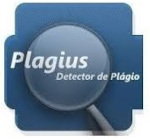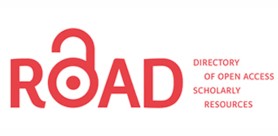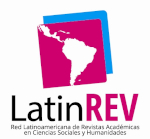CHALLENGING LIMITS: FEMALE PROTAGONISM AND THE QUEST FOR FREEDOM IN FILOSOFIA DE UMA MULHER MODERNA AND HÁ-DE HAVER UMA LEI, BY MARIA ARCHER
DOI:
https://doi.org/10.47180/omij.v4i4.277Keywords:
Female character, Maria Archer, Portuguese literatureAbstract
This article focuses on analyzing two works by Portuguese writer Maria Archer: Filosofia de Uma Mulher Moderna (1950) and Há-de haver uma lei (1949), aiming to highlight and examine the central role of female characters in the pursuit of intellectual, physical, and sexual freedom within a society permeated by sexism. To understand this protagonism, an analysis of female characters in various novels by Archer was conducted, revealing the status of women in a hegemonic, coercive, and patriarchal system that perpetuates power dynamics, submission, oppression, and violence. In this process, the studies of Bourdieu (2002) and Lipovetsky (1997) were used as a theoretical foundation, addressing topics related to male domination, feminism, and women's empowerment. Throughout this investigation, it became evident that female characters are in constant struggle for freedom. However, due to the oppression present in the context of the works, achieving full intellectual, physical, and sexual freedom proves challenging. In summary, the characters face complex and ingrained obstacles as the society depicted in the works limits their ability to attain complete and comprehensive freedom.
Downloads
References
ARCHER, M. Filosofia duma mulher moderna. Porto: Simões Lopes, 1950.
ARCHER, M. Há-de haver uma lei. Porto: Simões Lopes, 1949.
BOURDIEU, Pierre (2002). A dominação masculina. 2º ed. Rio de Janeiro: Bertrand Brasil. Trad.: M. H. Kuner.
LIPOVETSKY, Gilles. A terceira mulher: permanência e revolução do feminino. Lisboa: Instituto Piaget, 1997.
LIPOVETSKY, Gilles. (2008). Sedução, publicidade e pós-modernidade. Revista FAMECOS, 7(12), 07-13. DOI: https://doi.org/10.15448/1980-3729.2000.12.3062
RICOEUR, P. Tempo e narrativa. Campinas: Papirus, 1994. v.1.
Downloads
Published
How to Cite
Issue
Section
License
Copyright (c) 2023 Open Minds International Journal

This work is licensed under a Creative Commons Attribution-NonCommercial-NoDerivatives 4.0 International License.
The authors declare that any work submitted, if accepted, will not be published elsewhere, in English or in any other language, and even electronically, unless it expressly mentions that the work was originally published in the Journal.













